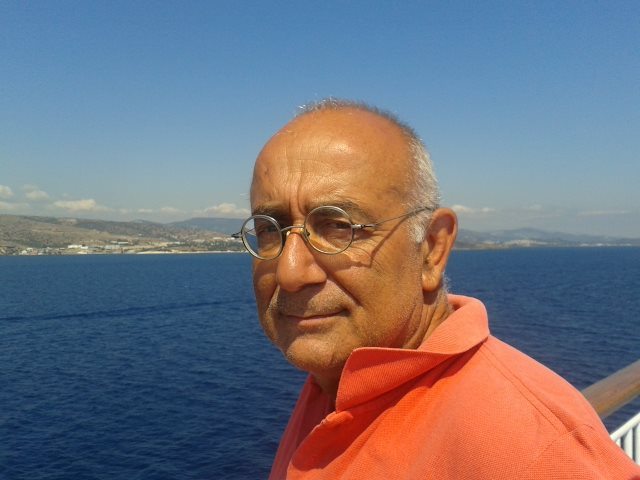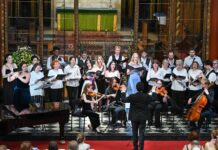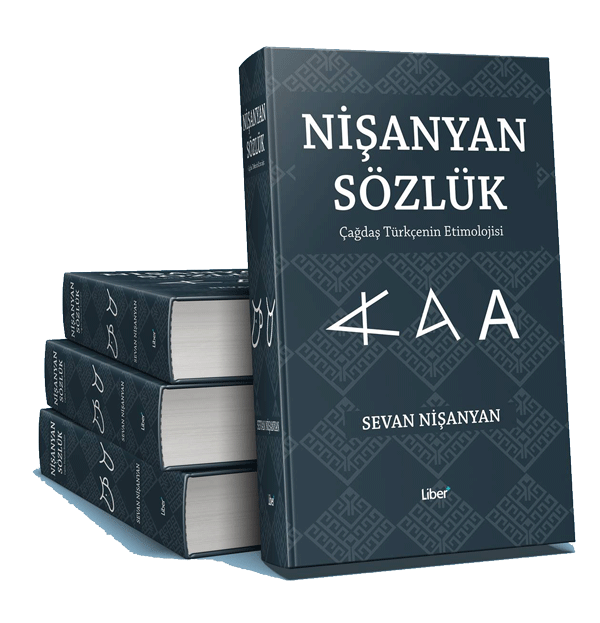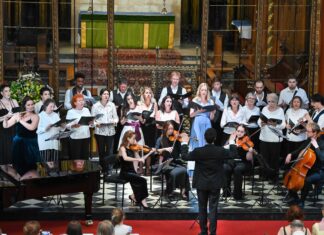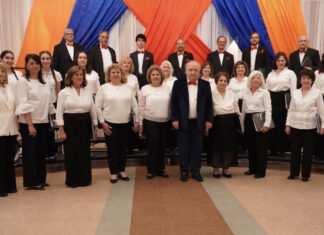By Eylem Yilmaz
ATHENS (Ahval) — Turkish-Armenian author and linguist Sevan Nisanyan, living in exile on the Greek island of Samos since July 2017, published his book Halim ile Selim (Halim and Selim) in Turkish this month.
A one-time supporter of Turkish President Recep Tayyip Erdogan, Nisanyan was sentenced in 2014 to 17 years in prison on nine separate counts — including 13 months for insulting the Prophet Mohammed and more than eight years for violating zoning laws. But three years later, Nisanyan announced on Twitter that he had escaped and surfaced in Greece, where he was granted asylum.
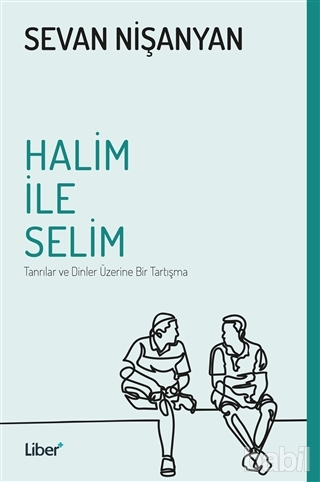
Nisanyan, well known for this etymological Turkish dictionary and many travel guides became a very controversial figure in Turkey after he published his book entitled The Wrong Republic, which questioned taboos about the Turkish Republic and its founder, Mustafa Kemal Ataturk. Outraged Turkish secularists criticized him for attacking Ataturk and not understanding the principles and accomplishments of the republic.
His new book, Halim and Selim, appears to follow suit, except this time it might draw the wrath of pious Turks rather than secularists. The new book discusses the existence of god(s), atheism, the religious foundations of morality, the relationship between reason and belief, and the future of religion in the contemporary world.



